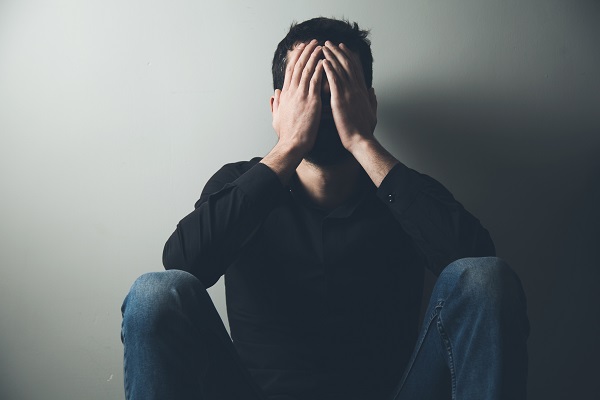Detecting depression can be challenging, as it often involves subtle and gradual changes in mood, behavior, and thought patterns. Some signs that might indicate you’re experiencing depression include: Persistent Sadness or Irritability: Feeling sad, empty, or down most of the day, nearly every day, or being unusually irritable with no clear cause. Loss of Interest: A noticeable loss of interest or pleasure in activities you once enjoyed, including hobbies, social activities, or even relationships. Sleep Changes: Difficulty sleeping, waking up early, or sleeping much more than usual. Sleep disruptions can intensify feelings of fatigue and low energy. Changes in Appetite or Weight: Significant weight loss or gain, or a marked change in appetite, either overeating or losing the desire to eat. Fatigue or Low Energy: Feeling physically and emotionally drained, even after sleeping well. Everyday tasks might feel exhausting or unmanageable. Feelings of Worthlessness or Guilt: Strong, often irrational feelings of guilt or worthlessness, possibly over things that wouldn’t normally bother you. Difficulty Concentrating: Trouble focusing, remembering details, or making decisions. Physical Symptoms: Headaches, digestive issues, or unexplained aches and pains that don’t respond to regular treatment. Suicidal Thoughts: Thinking about death, dying, or self-harm. This can be a serious warning sign and should be addressed immediately with professional support. If you’re experiencing several of these symptoms for more than two weeks, it could be a sign of depression. Speaking to a mental health professional can help you get clarity and guidance for managing these feelings. Reaching out to friends or loved ones for support is also a helpful step.


